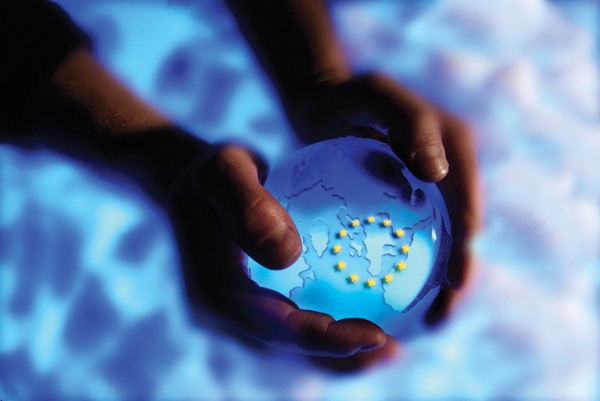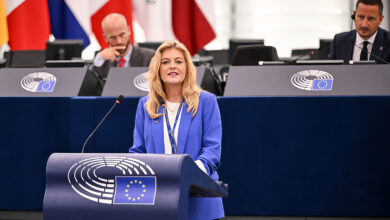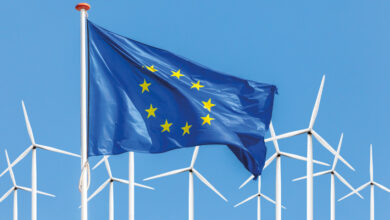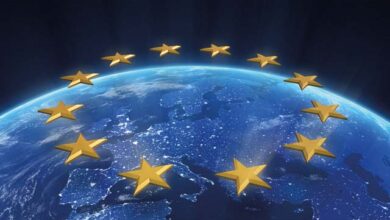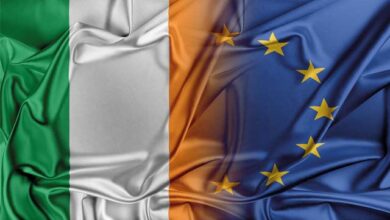How others see Europe
Insularity and caution will damage Europe’s standing in the world, according to diplomats. Peter Cheney considers views of the continent from New Zealand and the USA.
“The euro zone crisis is transfixing us in Wellington,” Vangelis Vitalis states. However, New Zealand’s Ambassador-designate to the EU is also troubled by Europe’s changing sense of perspective.
“If I look over Europe now, even in the month that I’ve been here, I’ve been struck by how inward-looking Europe has become and the feedback that I get is that there’s likely to be an intensification of that inward-looking nature of Europe,” he warns.
With more than 50 per cent of the world’s GDP generated in the Asia-Pacific region, he predicts that Europe will lose its global influence if it fails to engage with those economies. The son of Greek migrants, Vitalis is keen to pitch New Zealand’s case.
Similarly to Ireland, its small, agriculturally-based economy has diversified into data services and software. It hedges its bets by negotiating free trade agreements and his goal is a comprehensive agreement with the EU within 2-3 years. Arguments over European agricultural subsidies distorting world prices are “now largely behind us”.
The US mission to the EU is a growing operation and has engaged more with the European Parliament since the passing of the Lisbon Treaty.
American diplomats are keen to see a solution to the euro zone crisis, and view this as essential to the US recovery. Treasury Secretary Timothy Geithner supports the further use of IMF resources to “supplement a comprehensive, well-designed European strategy” on the financial crisis “alongside a more substantial commitment of European resources.”
The Administration also thinks that US policy on data protection and climate change is misunderstood in Europe.
A US-EU agreement on passenger name records is currently going through the European Parliament but MEPs have criticised the American attitude to privacy. The Patriot Act is still partly in force and the USA has separate data protection laws for different sectors, unlike the single EU Directive. US Attorney-General Eric Holder maintains that that both systems protect privacy “effectively but in our own ways.”
US senators rejected the American Clean Energy and Security Act, which would have established an emissions trading system, in June 2009. The US regards the EU’s decision to include aviation emissions in its system from 1 January 2012 as a ‘tax on airlines’. Instead, it calls for a binding global framework through the International Civil Aviation Organisation.
New Zealand, in contrast, has the only emissions trading system outside the EU and is keen to work on this common ground. It also launched the Global Research Alliance on Agricultural Greenhouse Gas Research at the 2009 Copenhagen conference and wants to see more European researchers and scientists taking part. Ireland is already a member country.
The US Ambassador to the EU, William Kennard, has criticised the precautionary principle for holding back innovation in European agriculture. Kennard, a former communications regulator, says that regulators should “decide what is safe based on science” rather than dictating what consumers choose.
New Zealand and the USA are far apart on population (4.4 million compared to
312 million) but both emphasise their shared values with Europe. Other trading partners, such as Saudi Arabia and China, may be good for business but lack democracy.
Vitalis concludes that the challenge for the New Zealand-EU relationship is “not to take each other for granted but to turn that all around and make something more out of it.”

